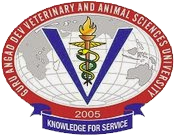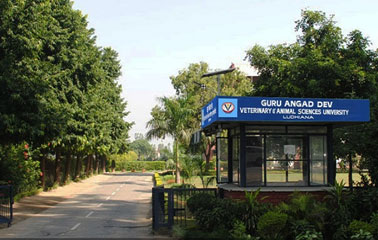

The experts from the School of Public Health & Zoonoses have advised the public to be aware of the water-borne diseases that normally increase during the rainy season. During this season, blockage and overflow of sewage pipes is a major source of contamination of drinking water supply. Further, the resulting stagnant waters act as breeding grounds for mosquitoes leading to increased risks of mosquito transmitted diseases such as dengue, malaria etc. Therefore people should take preventive measures like ensuring that water was not accumulated in around their houses. In addition, use safe water to brush your teeth, wash and prepare food. Wash your hands with soap and safe water before you eat or prepare food, before feeding your children, after using the latrine or toilet. Avoid raw foods other than fruits and vegetables you have peeled yourself. The officials further said that people should consume boiled or purified water. If boiled, the water should be boiled for at least 20 minutes to kill the eggs of the infecting parasites. In case of any doubt, the water sample should be got tested from authorized laboratories. Such facility is also available at the School of Public Health and Zoonosis in the university.To avoid other water related infections, take proper bath using antiseptics to take care of any lingering skin infections from the polluted water. A significant amount of disease could be prevented especially in developing countries through better access to safe water supply, adequate sanitation facilities and better hygiene practices
